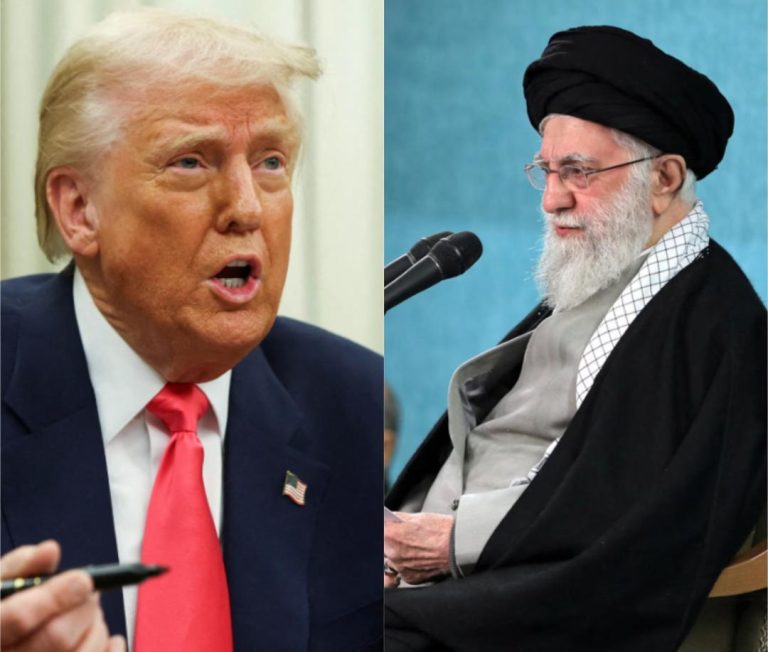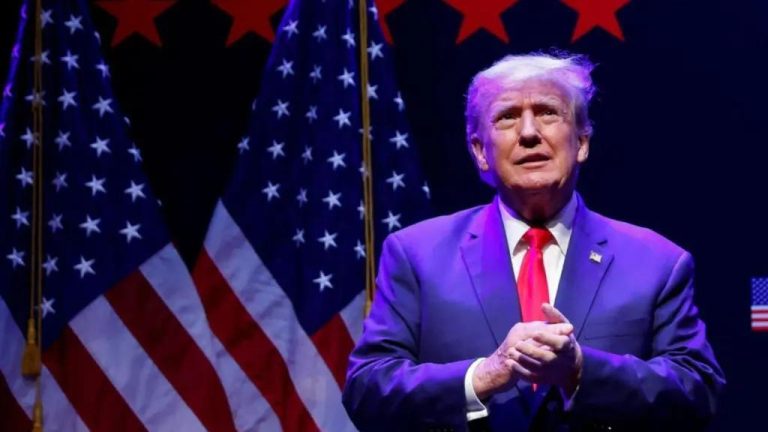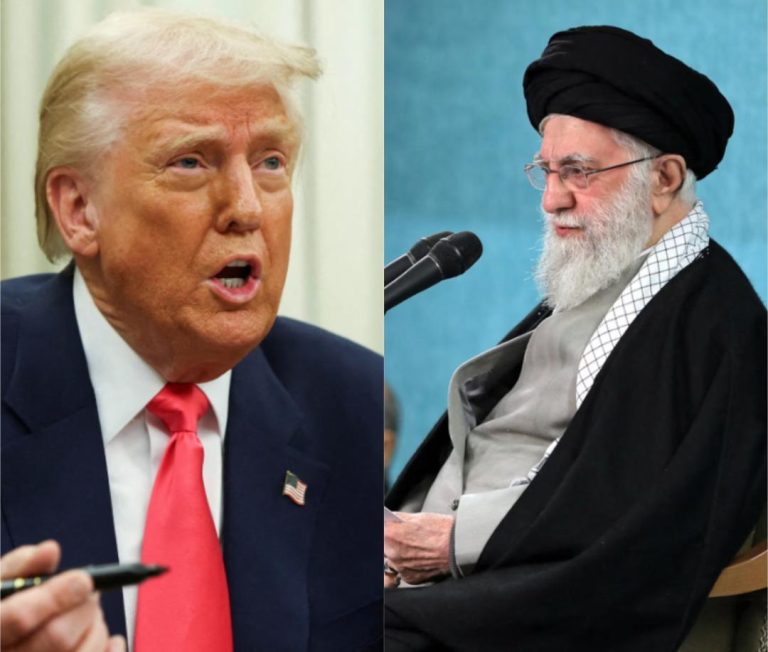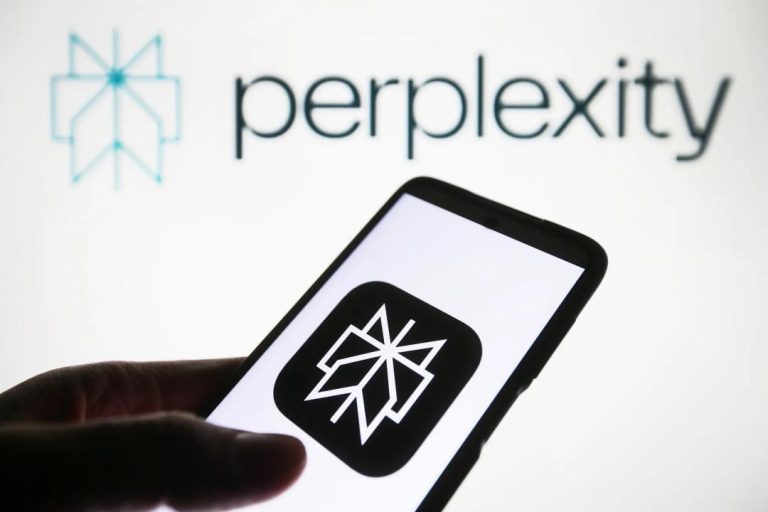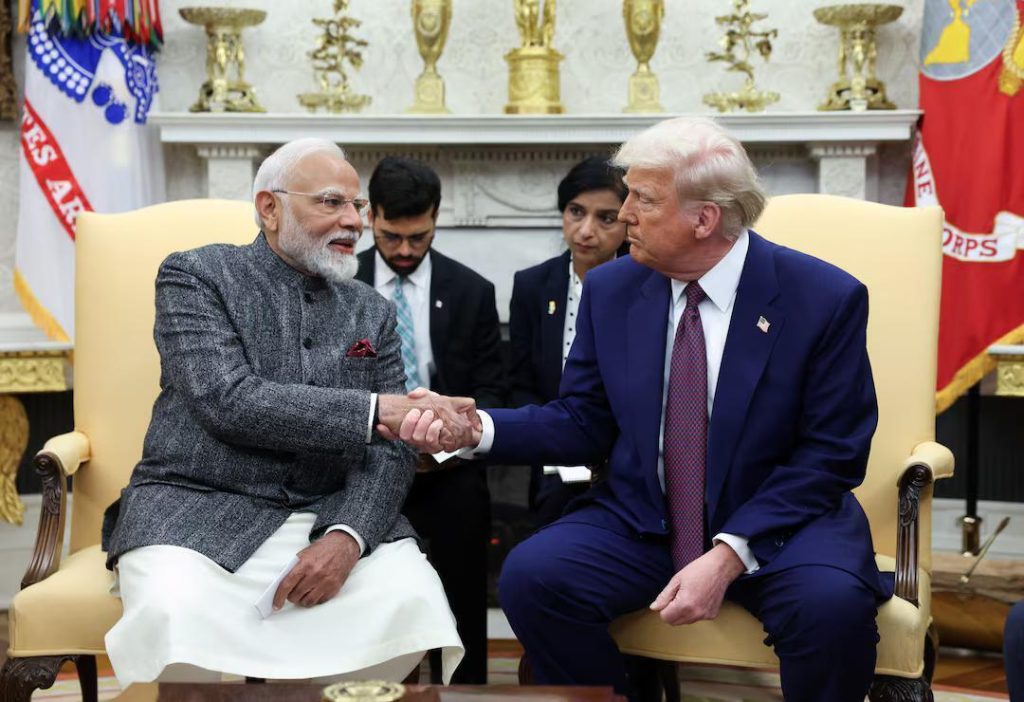
Title: PM Modi & Trump have good chemistry, nationalists respect each other: Jaishankar
International diplomacy often involves a delicate dance of politics, power, and personality. When world leaders meet, the goal is usually to achieve a mutually beneficial outcome, whether it’s a trade deal, a security alliance, or a shared commitment to a global issue. But sometimes, the chemistry between leaders can make all the difference. For instance, the interactions between Indian Prime Minister Narendra Modi and US President Donald Trump have been hailed as a success, with External Affairs Minister S Jaishankar attributing this to the fact that both leaders are nationalists who respect each other’s perspectives.
In an interview, Jaishankar revealed that he was impressed by the rapport between Modi and Trump, saying, “I felt the chemistry was good.” He added that the two leaders are nationalists who share a similar worldview, which helped to create a positive atmosphere during their interactions. This assertion is significant, given Trump’s controversial reputation among many world leaders. While some have had public spats with the US president, Modi is one of the few leaders who has maintained a strong rapport with him.
Jaishankar’s comment highlights the importance of shared values and ideologies in international diplomacy. When leaders share similar beliefs and goals, they are more likely to build trust and achieve meaningful agreements. In the case of Modi and Trump, their nationalist credentials have created a foundation for cooperation and understanding.
Nationalism is a complex and often misunderstood concept. While some view it as a divisive force that pits countries against each other, others see it as a natural expression of patriotism and a desire to protect one’s nation’s interests. Modi, in particular, has been credited with championing Indian nationalism, using his leadership to promote economic growth, cultural pride, and national security.
Trump, too, has been known for his nationalist rhetoric, often emphasizing the importance of American interests and values. While this has led to controversy and criticism from some quarters, it has also resonated with many Americans who feel that their country’s needs and concerns are being neglected.
The fact that both Modi and Trump are nationalists has created a unique dynamic in their interactions. Jaishankar’s comment suggests that this shared perspective has helped to create a sense of camaraderie and trust between the two leaders. This is not to say that they always agree on everything, but rather that their shared nationalist worldview provides a foundation for cooperation and understanding.
In recent years, India and the US have strengthened their bilateral ties, with cooperation in areas such as trade, defense, and counter-terrorism. Modi’s first term as prime minister saw a significant increase in US-India relations, with the two countries signing several major agreements, including a civil nuclear deal and a defense cooperation agreement.
Trump’s presidency has also seen a surge in US-India ties, with the two countries working together on issues such as counter-terrorism and cybersecurity. In 2020, the US and India signed a major trade agreement, the United States-India Trade Policy Forum, aimed at promoting bilateral trade and investment.
The success of the Modi-Trump relationship is significant not just for the two countries, but also for the global community. In an era of increasing geopolitical tensions and divisions, the friendship between these two leaders serves as a beacon of hope for stronger international cooperation and understanding.
Of course, not everyone is convinced by the chemistry between Modi and Trump. Critics have pointed out that their relationship is built on shared nationalist sentiments, which can be problematic when it comes to issues such as human rights, climate change, and global governance.
Moreover, some have expressed concern that the strong rapport between the two leaders may lead to a neglect of other important relationships and issues. In the context of the Indo-Pacific region, for instance, India’s relationships with other countries, such as Japan, South Korea, and Australia, are critical to maintaining regional stability and security.
Despite these concerns, Jaishankar’s comment suggests that the chemistry between Modi and Trump is genuine and built on a shared understanding of what is best for their respective nations. As international leaders, it is essential to recognize that different perspectives and approaches are often necessary to achieve common goals.
In conclusion, the interactions between PM Narendra Modi and US President Donald Trump have been marked by a strong sense of chemistry and respect. Jaishankar’s comment highlights the importance of shared values and ideologies in international diplomacy, and the potential for cooperation and understanding when leaders share a similar worldview.
While critics may express concerns about the implications of this relationship, it is essential to recognize that the friendship between Modi and Trump is built on a shared commitment to their respective nations and a desire to promote global stability and security. As the world navigates the complexities of the 21st century, the success of this relationship serves as a reminder of the importance of cooperation and understanding in international diplomacy.
